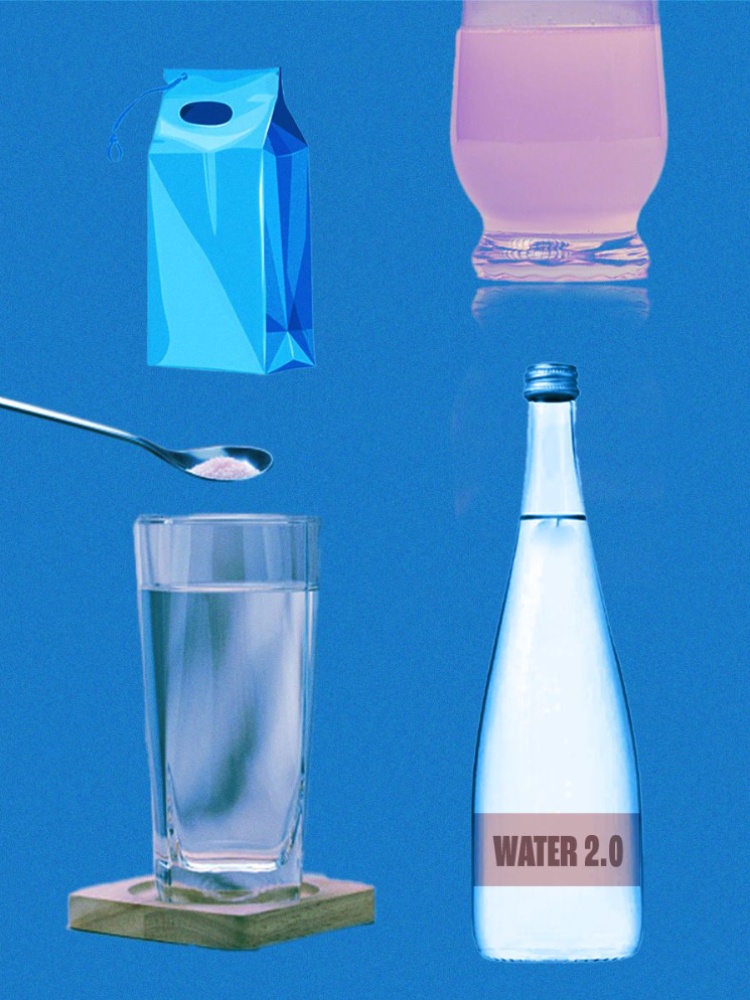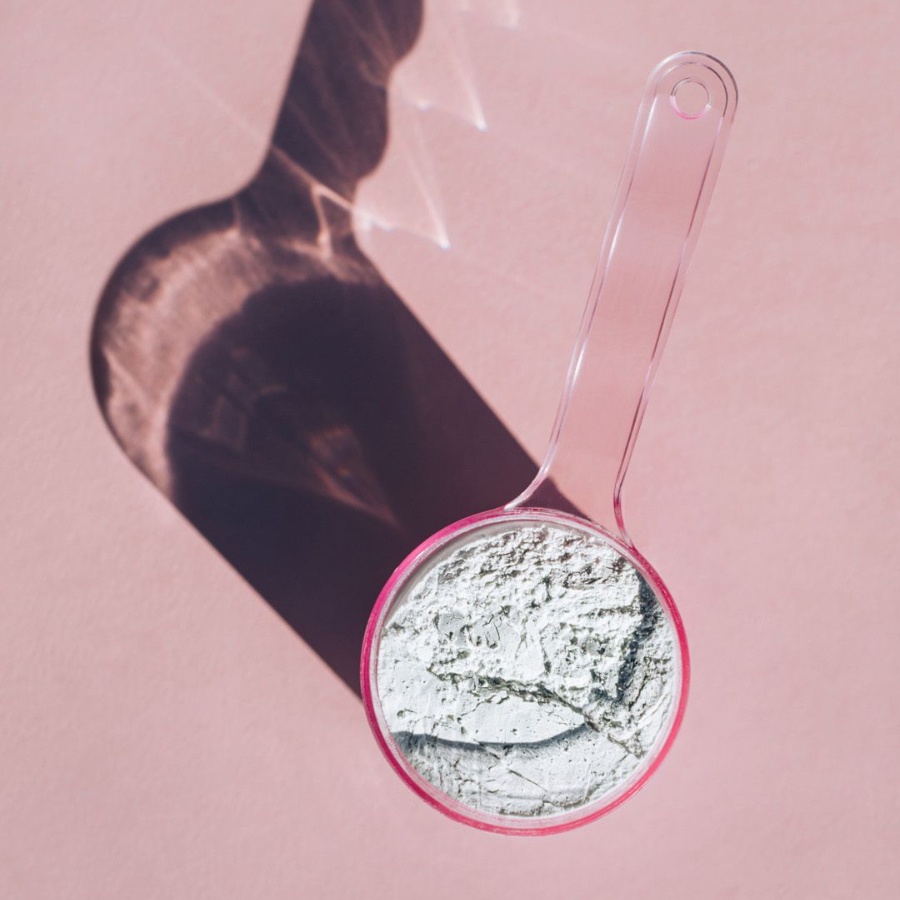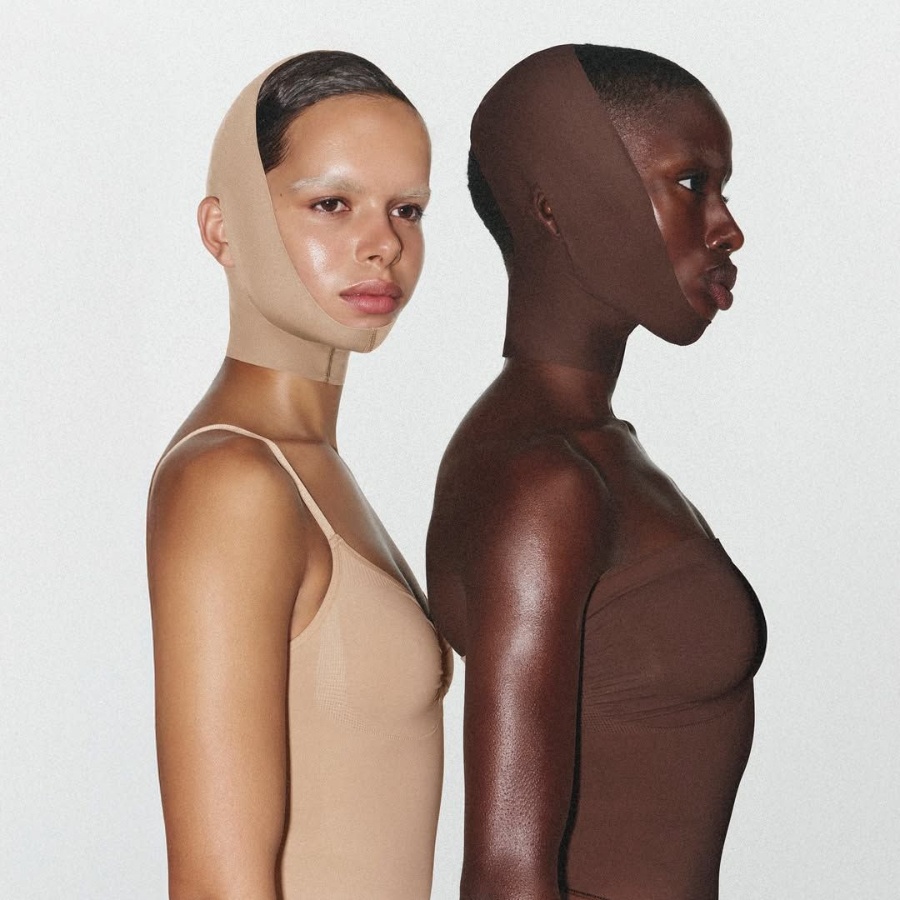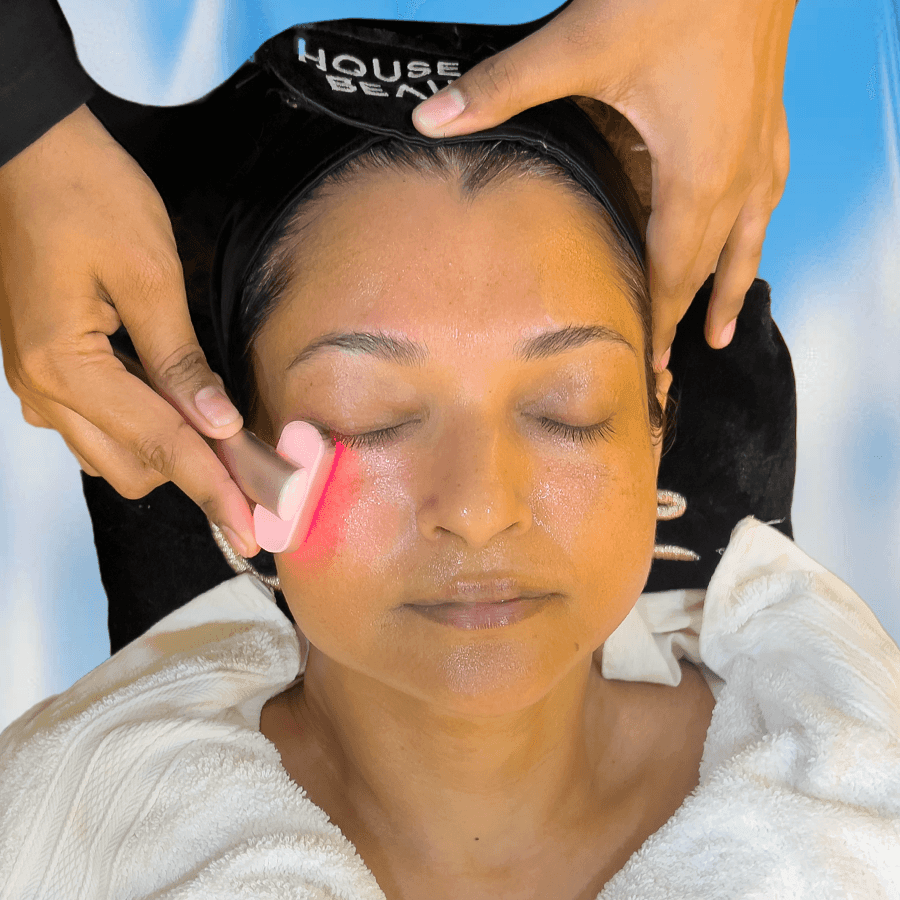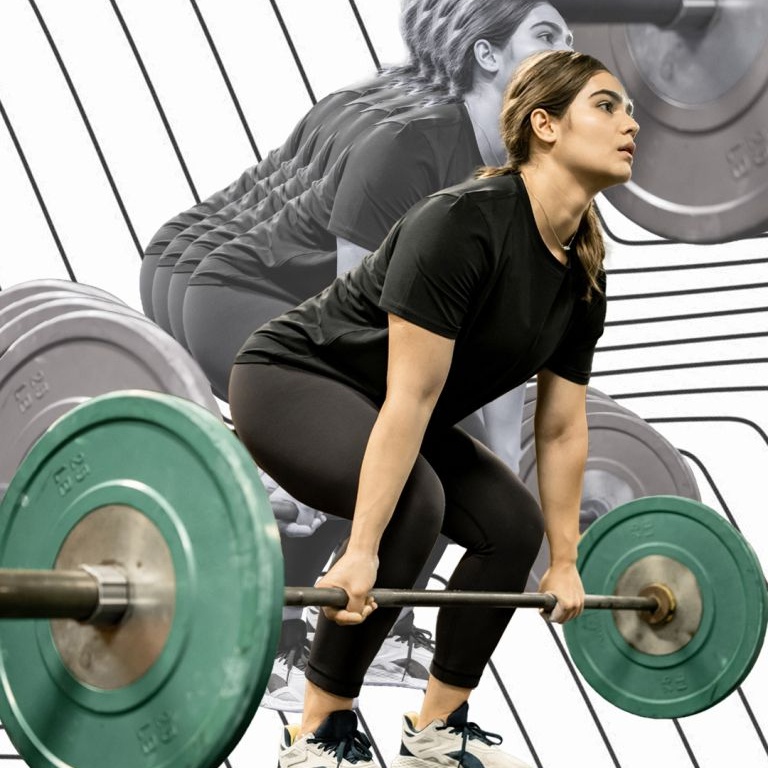I never understood the hype around Stanley Cups. It doesn’t matter what vessel holds my water, because I’m a dehydrated diva who finds having eight glasses a day rather challenging. A jumbo pink tumbler is hardly going to change that.
This trait also prevents me from being the target consumer for actor Bhumi Pedneker and her sister Samiksha’s new aqua brand, Backbay, which launches this month. Its core product is mineral- and electrolyte-rich water sourced from the Himalayas, sold sustainably in a paper carton and sealed with a bio cap. The product is branded as ‘more than water’; initial public feedback (re: Bollywood subreddits) forebodes that the brand might just have a testing time justifying its premium positioning (750ml at ₹200).
The jury is still out on that, but the growing number of functional beverage players in the Indian market clearly points to an existing cohort of seasoned sippers who, unlike me, are into advanced hydration. Back in 2019, Vadodara-based brand Evocus launched alkaline-infused black water that promises improved detoxification and gut health—yes, the water is actually black. This year it expanded its portfolio to include Hydration IV, an electrolyte drink with zero sugar or caffeine, in flavours like yuzu and tangerine. Unilever’s offering to this market, Liquid IV, launched in India this year with a similar variety of fruity flavours and a promise of enhanced hydration.
Then, there’s Aquatein, founded by Mitisha Mehta and Ananth B Prabhala, which introduced India to its first protein water in 2018. Soya-detesting vegetarians struggling to meet their daily protein intake could now increase it by at least 21 grams with something as basic as a bottle of water.
“Initially, the overall protein market was very focused on powders for bodybuilders and gym goers, where there was a lot of negative connotation towards protein itself because of the powder format. Even today, I think it’s not busted completely. On the other hand, beverages were either sugar- or taste-based. No one wanted to move beyond that and see if the Indian audience wants to accept fortification or something better in the nutrition and beverage format,” says Prabhala about Aquatein’s inception. Co-founder Mehta adds: “I remember a day when we were walking in Foodhall’s beverage section and wondering: what if there was an aisle of just healthy, functional beverages?”
Seems like Aquatein was onto something, because fast-forward to 2024, and the Indian protein water market generated a whopping revenue of $43.2 million, an amount expected to reach $74.6 million by 2030. “People’s acceptance of beverages is much faster and better, especially in a tropical country like ours, where the majority of the time we spend in the heat,” says Prabhala.
Somewhere, a gym bro reading this is shuddering at the thought of swapping his boiled eggs or chicken for protein water.
Prabhala and Mehta were ready for the initial scepticism; you can’t take the road not taken without some pluck. “There is a fear factor in Indian consumers over whether what brands claim is actually there. Acceptance of innovation is often a question mark, no matter the industry. ‘They’re trying to replace my food’—that’s the first myth every consumer starts off with, because that’s what the West did; they had protein shakes as meal replacements. But Aquatein supplements a healthy diet; we’re not here to replace it,” they explain. The brand’s latest launch is collagen water, born from the lack of vegetarian-friendly collagen supplements and tapping into our obsession with great skin, hair, and nails.
Electrolytes, by comparison, have been around for longer, but their customer base until recently was confined to a niche athletic set. Sohrab Khushrushahi, a Mumbai-based fitness trainer and co-founder at Func. Lab, a new nutraceutical brand, shares that electrolytes tend to be associated with athletes or those who play a regular sport, but just by virtue of being humans who sweat daily, especially in humid cities like Mumbai, we all need it in some capacity. “When you sweat, you don’t just let water out of the system but also essential minerals like sodium, potassium, and magnesium. They need to be replenished in the system, and that doesn’t come back from just plain water but through electrolytes,” adds Khushrushahi. Along with protein supplements, Func. Lab has a range of fruit-flavoured electrolytes that are sugar-free, kid-friendly, and science-backed.
Brand launches aside, what’s the larger narrative behind water’s rebrand? While we indulge our obsession with trendy water tumblers with a misplaced centre of gravity, maybe it’s also finally dawned on us that it’s what inside that counts. Self-optimisation is moving out of fitness circles and into the mainstream, and it’s natural that the basic amenity gets co-opted as well. “People are waking up to the idea of performing better and not only in terms of sports. I’m speaking about life in general—being more active at work, being more active with their kids. Covid-19 helped that process; everyone started taking their health a little seriously and are now willing to spend on it,” adds Khushrushani.
Premium hydration, not in terms of price but quality and benefits, feels like part of a personal upgrade or private access to a members-only club where wellness is the ultimate status symbol. As Mehta puts it, it gives you an ‘edge’, perhaps in a way that cold water plunges and red light therapy are deemed cool, aspirational activities.
We now know more about our bodies’ needs than ever before, and that’s a good thing. The flip side is when it becomes an obsession with wellness and using products as a status marker. Nicole Linhares Kedia, a sports nutritionist and integrated health coach from Mumbai, observes: “Water is being marketed not just for hydration but as a way to signal a healthy, high-performance lifestyle. It pushes the idea that peak well-being can be conveniently bought rather than built through daily habits.” Bengaluru-based fitness instructor Darshan is of a similar opinion, adding that functional drinks can give you an inflated sense of actually doing something for your health instead of getting your steps in and maintaining a balanced diet.
Before making up your mind about this new entrant jostling for space in the endless new-age wellness vocabulary, it’s worth asking: are you truly seeking self-optimisation or do you need a self-check?
